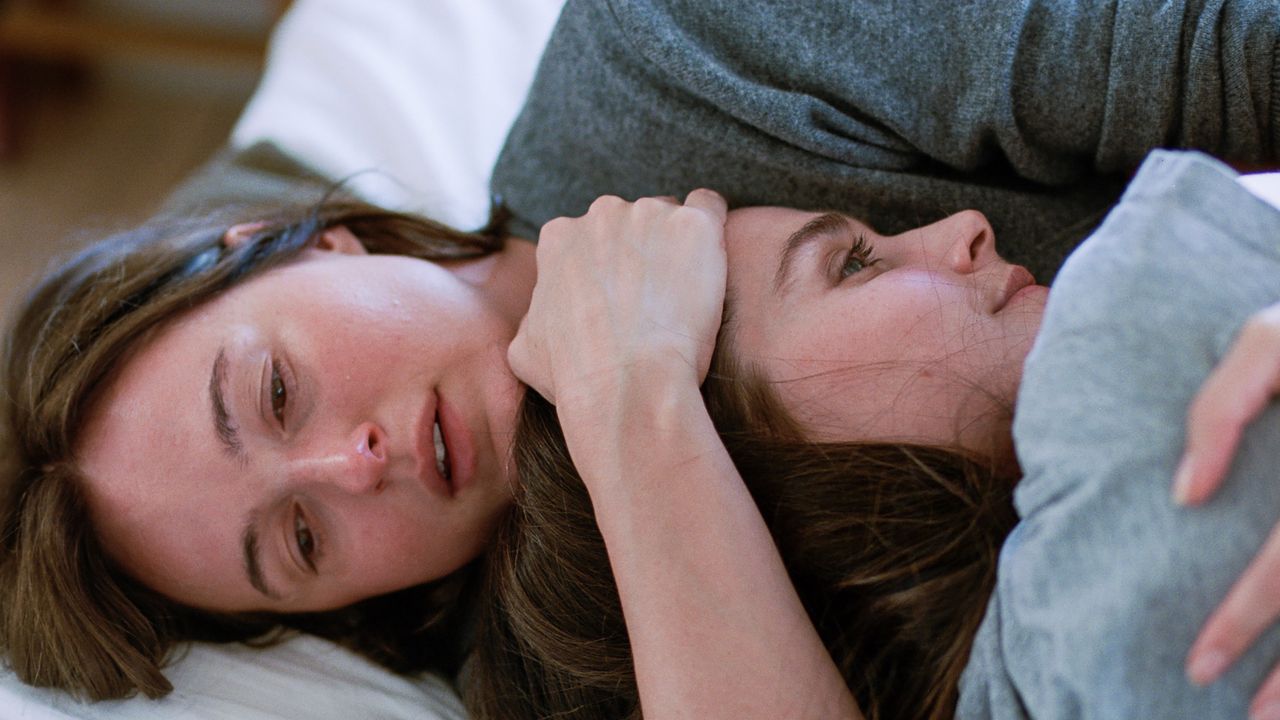Four years ago, the Norwegian director Joachim Trier debuted his film The Worst Person in the World here in Cannes. A humorous, sorrowful, gregarious
Four years ago, the Norwegian director Joachim Trier debuted his film The Worst Person in the World here in Cannes. A humorous, sorrowful, gregarious dramedy about the dawning of adulthood, Worst Person is one of the best films I’ve seen at this festival in a long time. So Trier’s followup, Sentimental Value, was easily my most anticipated Cannes film this year. I put a lot of expectation on Trier’s shoulders—and those of the actor Renate Reinsve, who stars in both films.
That’s a perilous thing to do. In this, though, it was rewarded. Trier has once again crafted a film that is graceful and limber, thoughtful and surprising. But he’s quieted down the tone, shifting his gaze to the interior of one family as they try to reconcile with the pains of the past. Sentimental Value doesn’t land with the same wallop as Worst Person, but it is plenty affecting in its own insightful, poignant way.
Reinsve plays Nora, a successful Oslo actor—she does gigantic productions at the National Theater, and was on a hit TV series—who is dealing with a potent case of stage fright. It may be explained by the recent illness and death of her mother, but we get the sense that something else is also at play. Her nerves are not helped by the reemergence of her father, Gustav (Stellan Skarsgård), a famed film director who was an unreliable presence in the lives of Nora and her historian sister, Agnes (Inga Ibsdotter). Nora, the eldest, is angrier at her dad than is Agnes—partly because Agnes played a enormous role in one of Gustav’s films when she was a child, and is thus more tightly bonded to him. And partly because Agnes was better shielded from the upheaval in her parents’ marriage and Gustav’s eventual estrangement. Many times, that is the blessing of the younger child.
Gustav has his own issues to contend with: an over-reliance on alcohol and the lingering heartbreak of losing his own mother, who hanged herself in the family home when Gustav was seven years aged. He’s written a script seemingly inspired by those events, and he asks Nora to star in the film, his first in 15 years. Nora is appalled and bluntly rejects him, leading to Gustav finding a famed American actress, Rachel (Elle Fanning), to step in as his leading lady—and, in some senses, surrogate daughter.
Trier gently establishes all of these connections, tracing the family’s emotional journey in gorgeously staged vignettes. Some are buoyantly humorous, others are prickly and sorrowful. We learn more of the family ’s history, particularly that of Gustav’s mother, who was part of the Norwegian resistance during WWII and was detained and tortured by the Nazis for two years. That may make Sentimental Value sound like a massive film about hereditary trauma. But Trier, as he often does, instead uses a deft and gentle hand to tease out his themes, wistfully examining how psychic wounds pass down through generations, fractures echoing and mutating.
Reinsve, such a burst of glowing life in Worst Person, is equally successful in this more pensive, downbeat vein, palpably illustrating Nora’s fear of emotional connection. We gradually learn of an incident in Nora’s past, a grim fact of her life that tethers her to the grandmother she never knew. Reinsve plays these beats with grounded restraint, keeping Nora’s behavior firmly in the realm of the real.
In some senses, Skarsgård has the showier role, what with the drinking and the auteur vanity. But he and Trier keep Gustav carefully modulated, never turning him into too obvious a cad or a monster. We come to compassionately understand the pain he’s inflicted, as well as the pain he’s had to endure. Similarly, Fanning’s character does not fall into noxious cliché; Trier lets her presence rattle Nora without turning Rachel into a clueless invader-antagonist.
The Worst Person in the World was a riot of flashy style, whereas Sentimental Value–true to its title—goes a bit softer. But Trier’s steady command of framing, of camera movement, of music and setting are nonetheless on stunning display. He has a very sophisticated touch, polished but not preening. He stages one elegant set piece after another—theater productions, film shoots, an all-nighter on a extensive beach. His summery depictions of Oslo are alluring as ever. But he lets that beauty be compromised, or at least complicated, by struggle, by all of life’s commingling and contradictory emotion.
Sentimental Value is also a heartening and complicated look at art’s capacity for catharsis, how processing trauma through creativity can be at once healing and damaging. Filmmaking and theater are viewed through Trier’s lens as a kind of family endeavor, often of the found variety. But in this movie’s case, there’s a real family circling an idea and wondering what, if anything, they can make of it. Those deep thoughts are interrupted on occasion by vivid pops of humor (there are some great inside-baseball film industry jokes), reminders that merriment is possible even in hard days. Sentimental Value is yet another prosperous and humane look at existence from a filmmaker wise to the endless nuance of being alive.
This story is part of Awards Insider’s in-depth Cannes coverage, including first looks and exclusive interviews with some of the event’s biggest names. Stay tuned for more Cannes stories as well as a special full week of Little Gold Men podcast episodes, recorded live from the festival and publishing every day.
Listen to Vanity Fair’s Little Gold Men podcast now.

COMMENTS